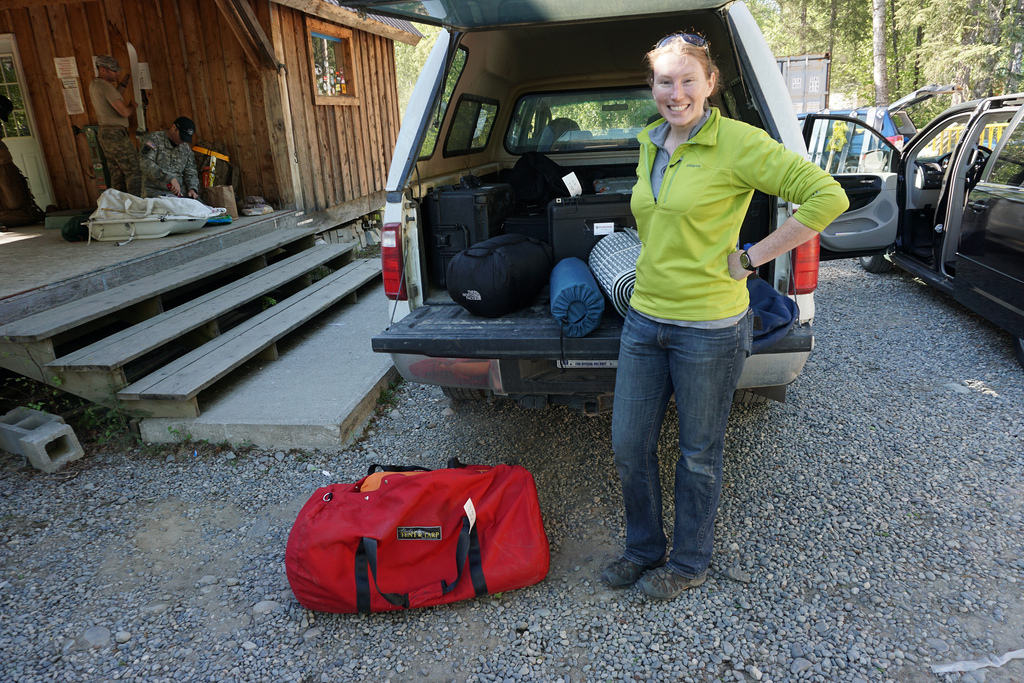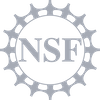NSF emphasizes its strong commitment to preventing harassment and to ensuring working environments, including field settings, are free from discrimination, harassment, and sexual harassment for all researchers. Please see the NSF statement on this issue.
Principal Investigators (PIs) planning to work in the Arctic under an NSF grant should ensure that all field team members consider the following information BEFORE leaving for the field:
- The PI and his/her university/institution are responsible for the safety of team members conducting field work on the grant. See NSF Grant General Conditions for specific language regarding responsibility and liability.
- If a field team member becomes sick or is injured, the institution is responsible for all costs associated with transporting the person from the field to a medical facility or the person’s home along with all medical expenses incurred on the way.
- Science party members are generally responsible for their own cold weather clothing.
It is also important to discuss ahead of time how to deal with emergency and medical issues that may arise in the field. These are some items to think about before you go:
- If something happens to a field team member, who contacts the family? When do you contact someone? For what type of injury/illness? Check with your HR department for protocol. It is important that all incidents and near misses are reported to the PI and the institution's Risk Management/Health and Safety department as soon as possible after the event.
- Ensure that each field team member has listed at least two Emergency contacts. Provide the list of contacts to your HR department, a team member who is not going into the field, your Battelle ARO project manager, or other contact.
- Does everyone on your team have medical insurance? Do they need to get it before they go?
- If you are a volunteer or have a volunteer or non-university employee on your team, how is that person covered for workers' compensation (WC), medical insurance and medical/search and rescue (SAR) evacuation? The PI and institution are responsible for any volunteers on the project. If they are not employees of the institution, in the event of an emergency how will this person be covered?
- Alcohol consumption is a risk factor in the field. You should discuss the availability and safe use of alcohol at the field site.
- Know if anyone has any health issues before going to a remote location and assess the risk factors. If you have concerns, discuss with your university options for requesting physical exams prior to deployment or talk to your NSF program manager about the option of having your team go through the NSF physical qualification process.
- Does anyone on your team have first aid training? CPR training? Know and document who on your team to ask for help in the event of an emergency. Consider sending team members to a wilderness first aid training before the start of a field season.
- What is the remote field experience level of the members of your team? You may want to consider an Arctic Field Training or other types of training before starting a field season. To learn more about the types of field safety training Battelle ARO provides to researchers, please contact arctic.planning@battelle.org.
- Confirm with your HR department that you and your team are covered with Medical Emergency evacuation insurance. This type of coverage is in addition to WC insurance. Know who to contact in the event this is needed. This type of coverage may be an allowable cost under your grant if you need to purchase policies for your field team members.
- For emergency and WC purposes, the university/institution is the Employer, the PI is the supervisor/manager, and field team members are employees.
- WC plans differ for work conducted inside the United States (US) and outside of the US. If working outside of the US, confirm that the institution’s Workers Comp covers this activity. If not, look into other forms of coverage for traveling outside of the US. Work with your HR department on this.
- Workers' Compensation (WC) insurance covers employees for work related injuries on the job. PIs and field team members need to contact their institution’s human resources department to learn whether the institution’s WC policy covers and considers field work as 'part of the job.'
PIs who are taking students into the field should review Field Program Considerations for Institutions, as the document represents the standard of practice for most institutional activities that involve students.
Please contact your Health, Safety & Environment or risk management department for further direction and/or assistance.



